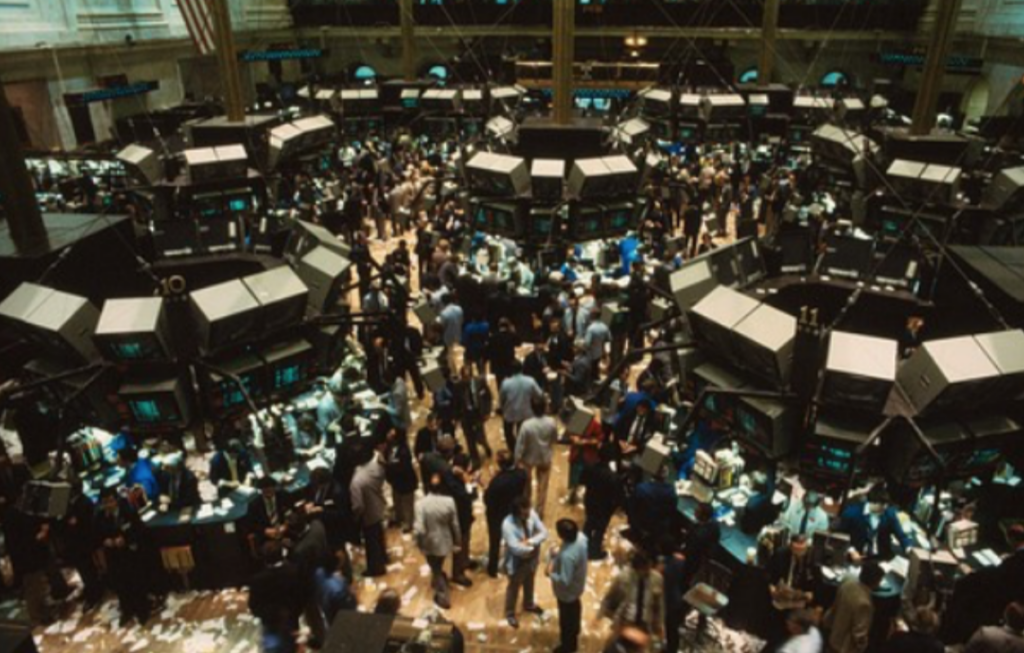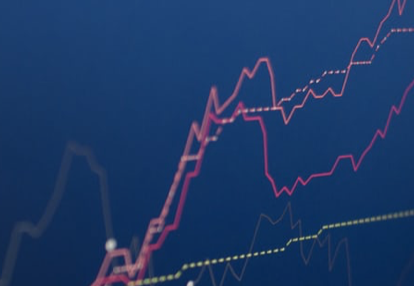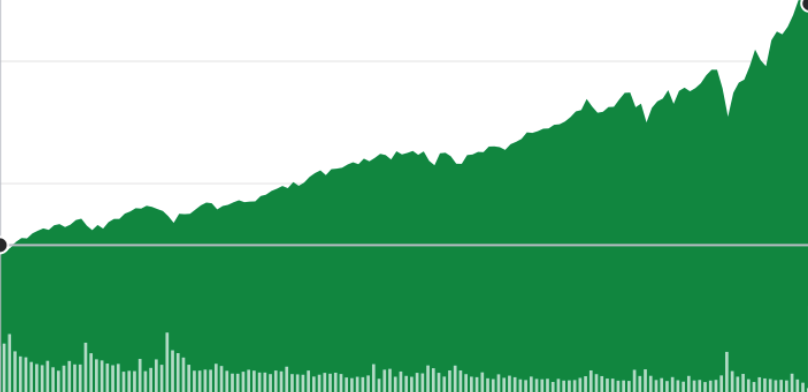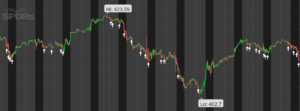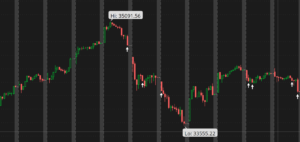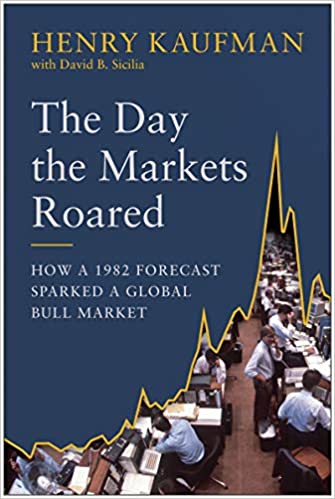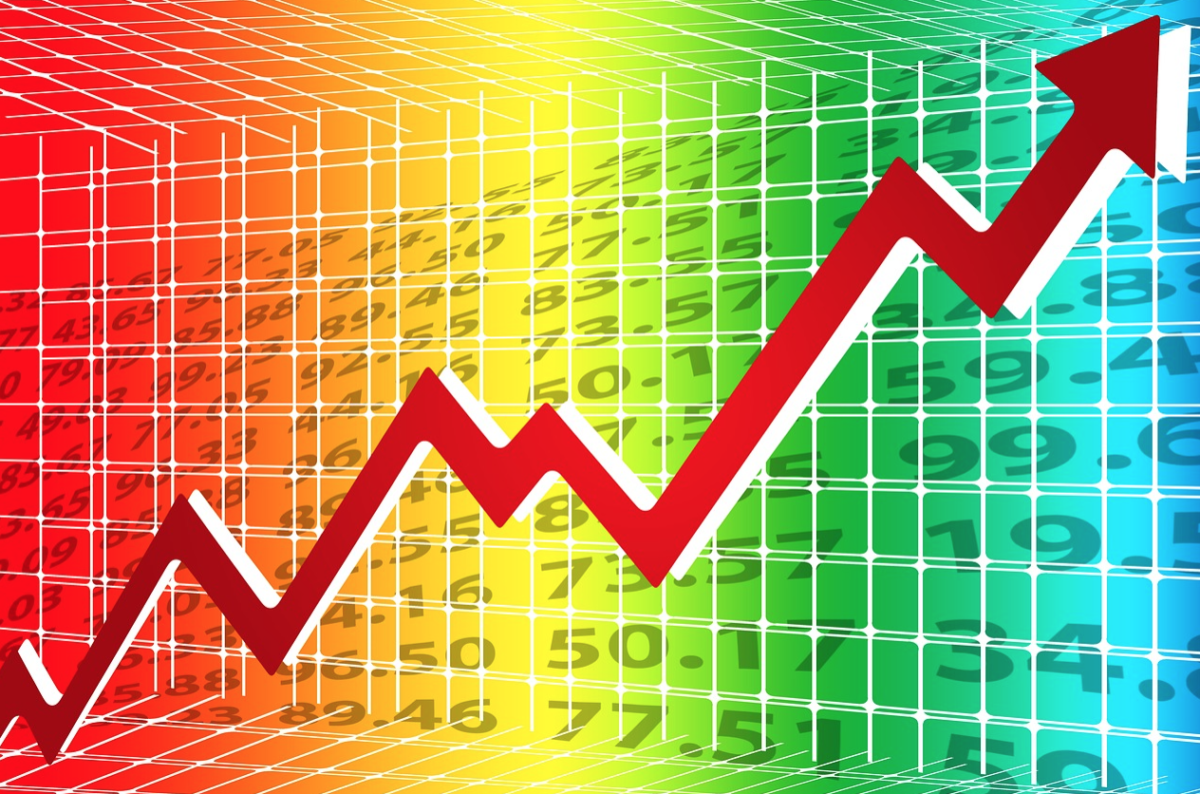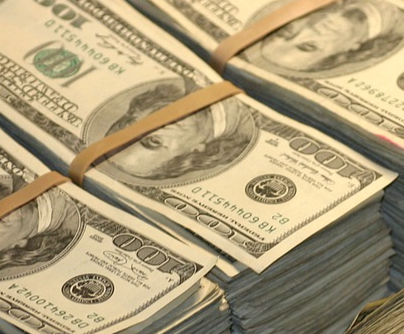by Fred Fuld III
Many beginning investors, and many investors with a moderate amount of money to invest, choose to buy a slice of a share of stock instead of a whole share or several shares. This is especially true with high priced shares, such as Autozone (AZO) which sells for over $3500 per share, Netflix (NFLX) which trades at about $950 a share, and Costco (COST) which is selling at almost $900 per share. Even the tax software company Intuit (INTU) currently trades at $600 a share.
For someone that only has $500 to $5,000 to invest, this is a big chunk of money to allocate to one stock even if they purchase only one share.
Fortunately, most stock brokerage firms, such as Schwab (SCHW), Fidelity, SoFi (SOFI), and Robinhood (HOOD) allow investors to buy slices of shares. So what is a slice?
A “slice of a share,” also known as a fractional share, is a portion of a whole share of stock, allowing investors to own a piece of a company without having to invest the full price of a single share.
Here’s a more detailed explanation:
What it is:
A fractional share represents a percentage of a whole share, enabling investors to invest smaller amounts of money in companies they’re interested in.
How it works:
If a stock costs $500 per share, an investor could buy a fractional share for, say, $10, representing 2% of a whole share.
Why it’s useful:
Fractional shares can make investing more accessible, especially for beginners or those with smaller budgets, as they allow investors to put their money to work even if they don’t have enough to buy a full share.
Brokerage offerings:
Many brokerages now offer fractional shares, allowing investors to purchase portions of stocks or ETFs.
Charles Schwab:
For example, Charles Schwab refers to fractional shares as “Schwab Stock Slices” and allows investors to buy slices of 30 stocks in companies on the S&P 500 in one transaction.
Fidelity:
Fidelity also offers fractional shares, allowing investors to invest in stocks and ETFs in fractions or dollars.
Dividends and corporate actions:
When you own fractional shares, you’ll still receive dividends and participate in other corporate actions (like stock splits) based on the percentage of a whole share you own.
Shareholder Proposal Voting Rights:
Your ability to exercise voting rights will depend on how your brokerage firm’s fractional share investing program works. However, based on my experience, I was offered the ability to vote on corporate actions and proposals.
My Personal Experience:
I decided to try this out with a popular stock that sells for over $500 per share. I invested an extremely small amount, which gave me ownership of 0.05442 of a share. That’s slightly over 5% of a share, or in other words, about one twentieth of a share.
Just yesterday, I received the request to vote my shares, or should I say, my portion of a share, which I did. There was voting for the board of directors and voting on various shareholder proposals.
This company also offers a couple of benefits to shareholders which I am also entitled to. Such a deal.
This particular stock doesn’t pay a dividend, but if it did, I would be entitled to my share.
So in answer to the question asked in the title of this article, the answer is YES.
Disclosure: Author didn’t own any of the above mentioned stocks at the time the article was written.
